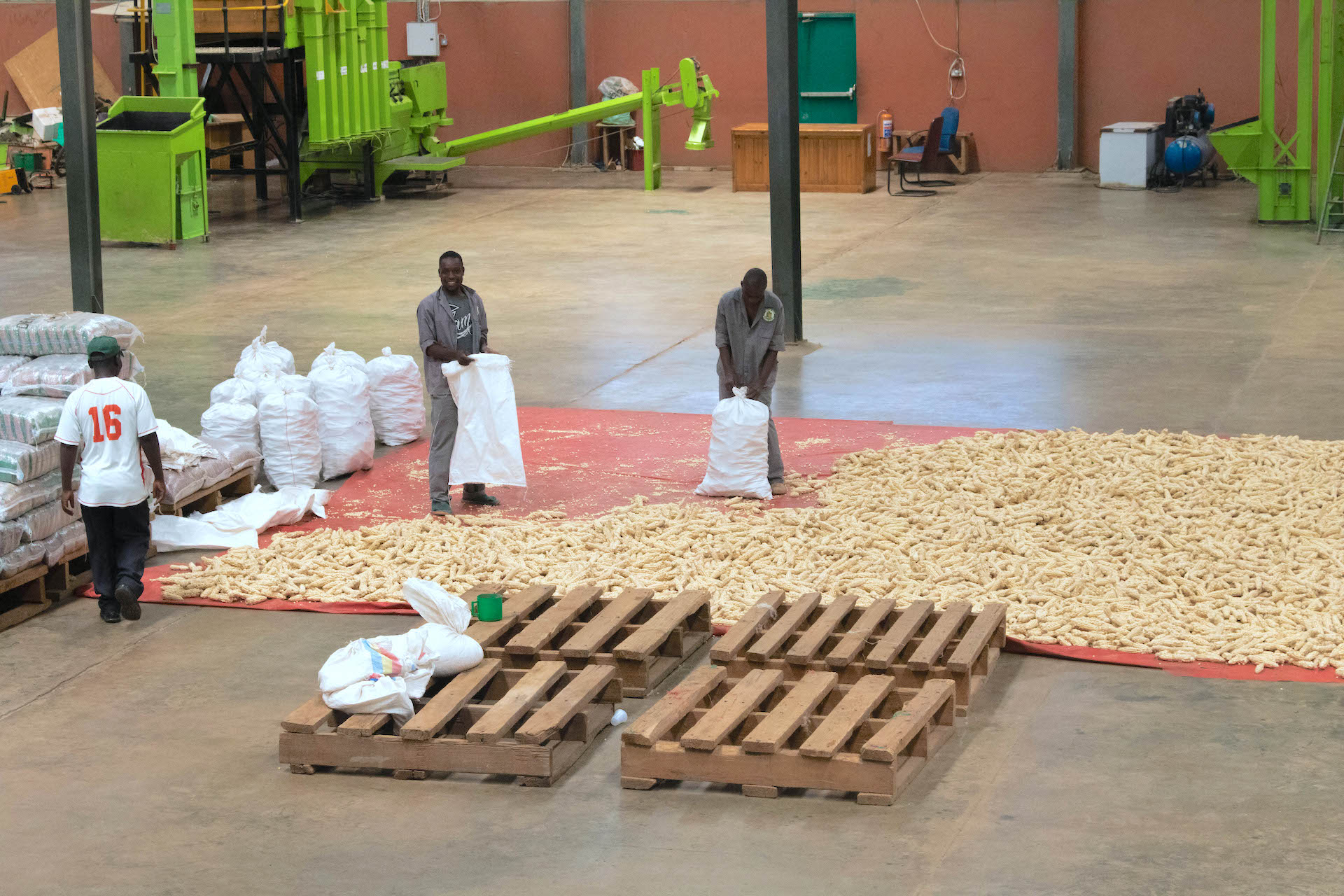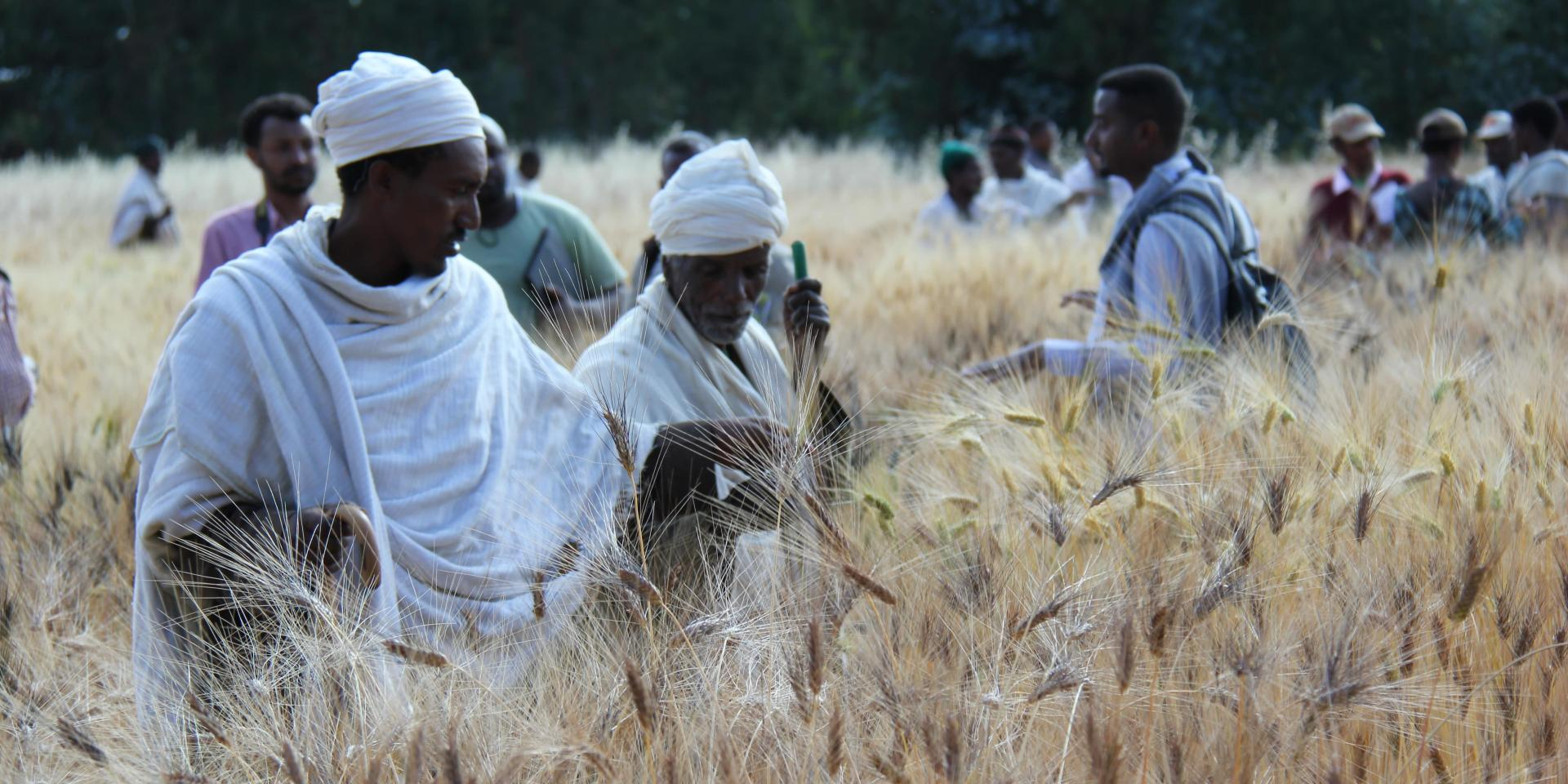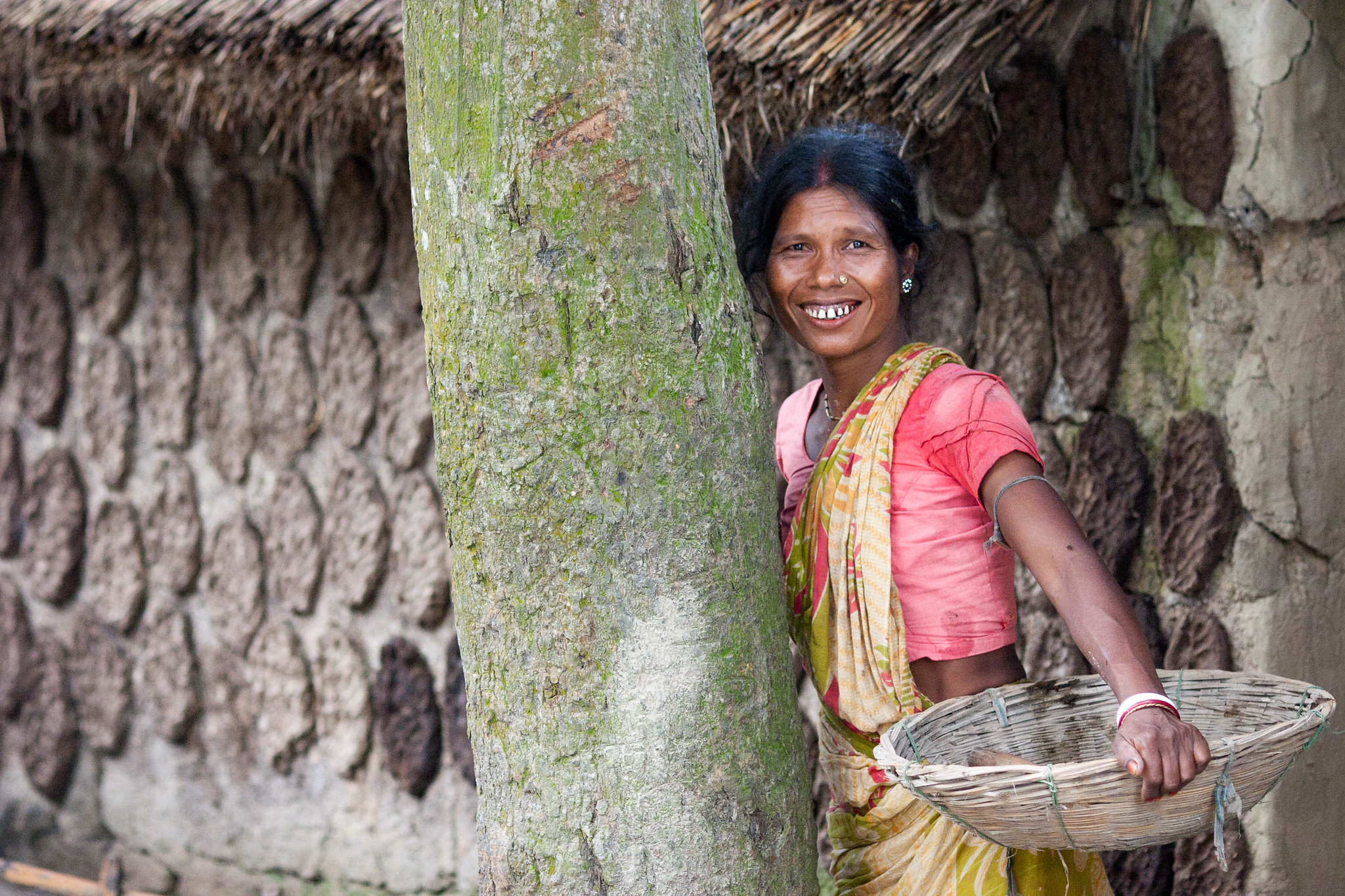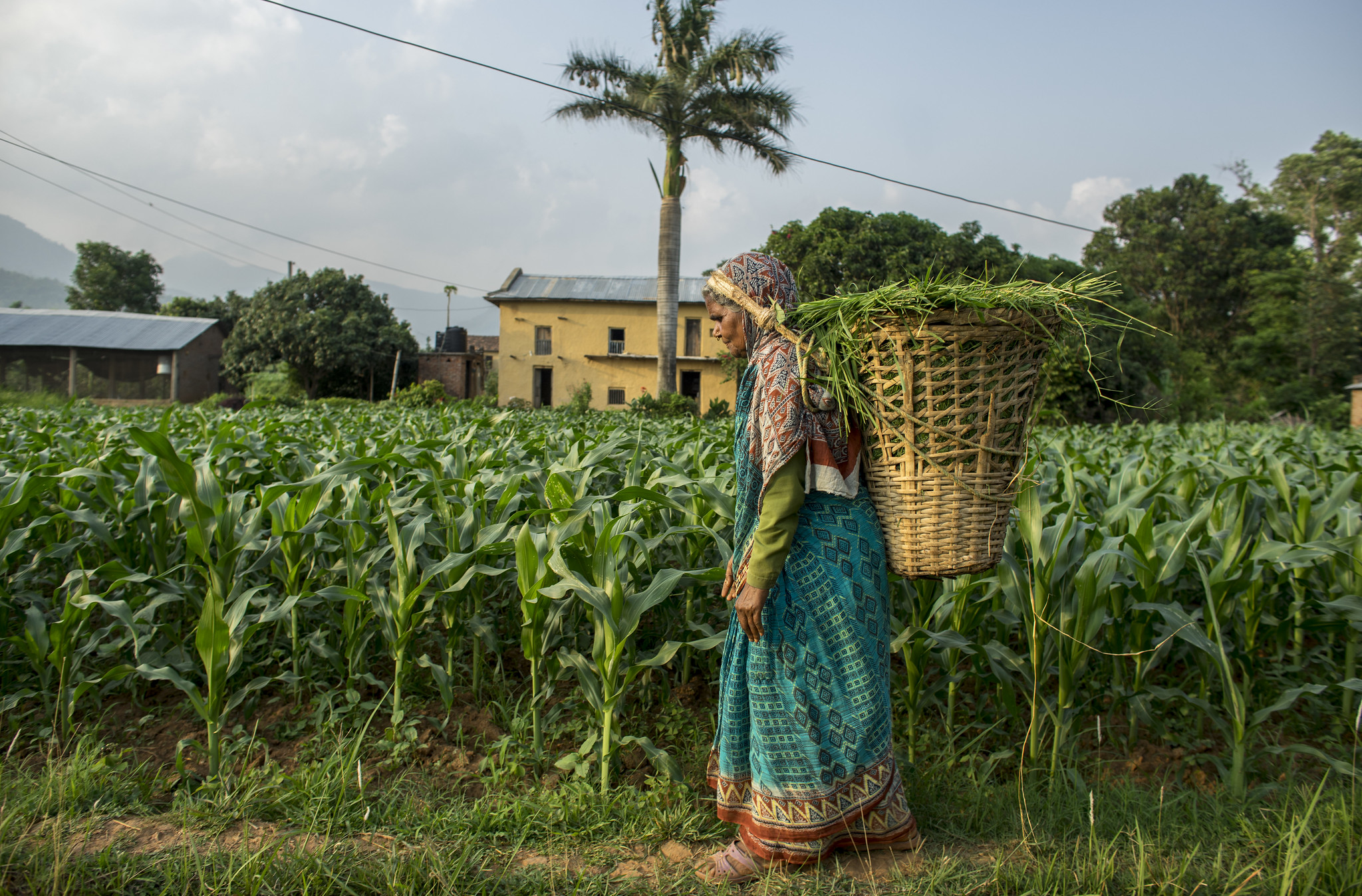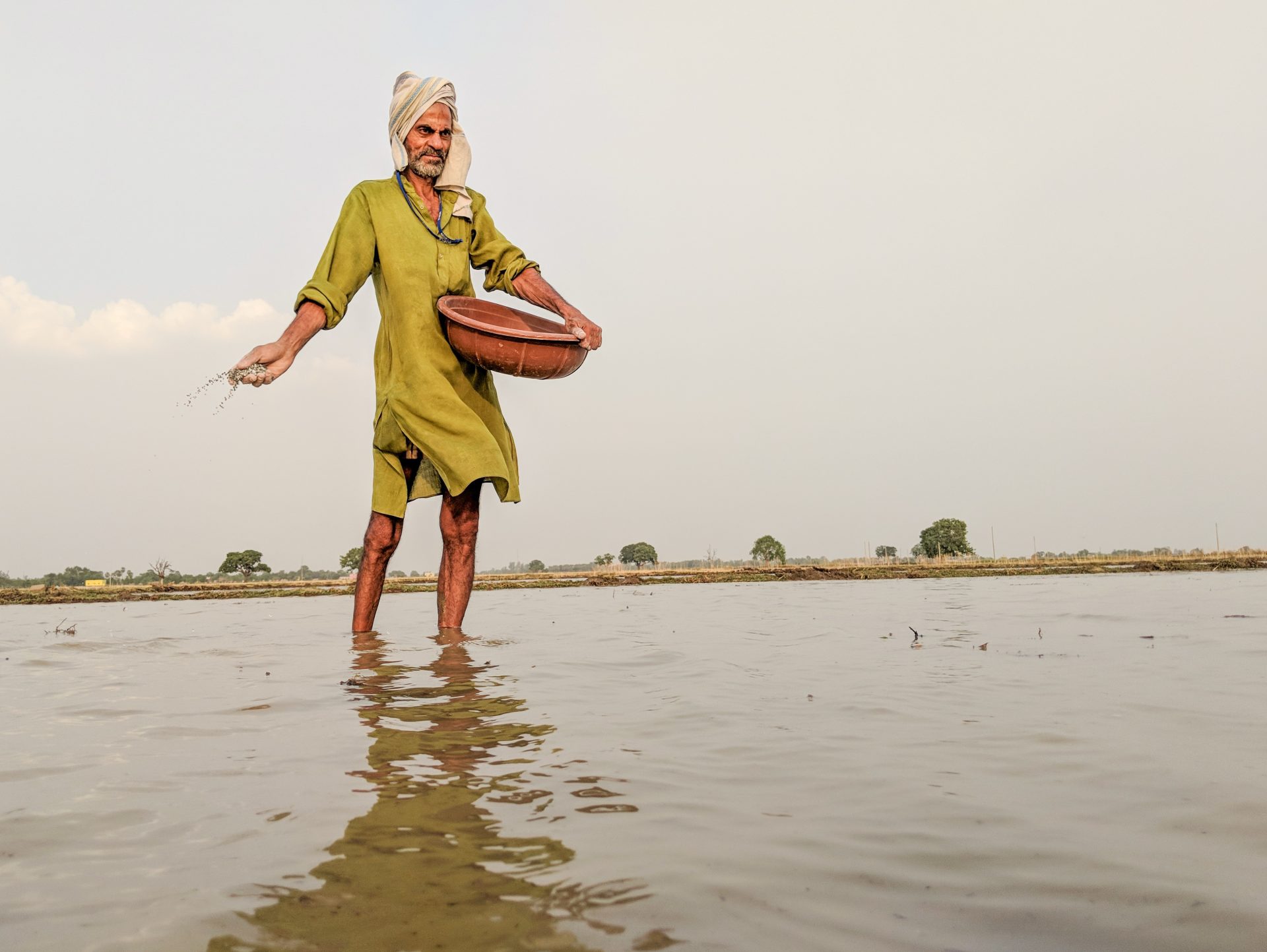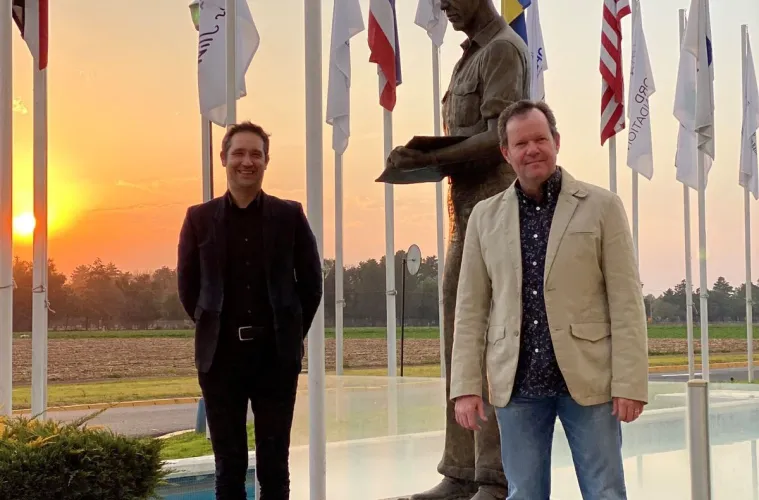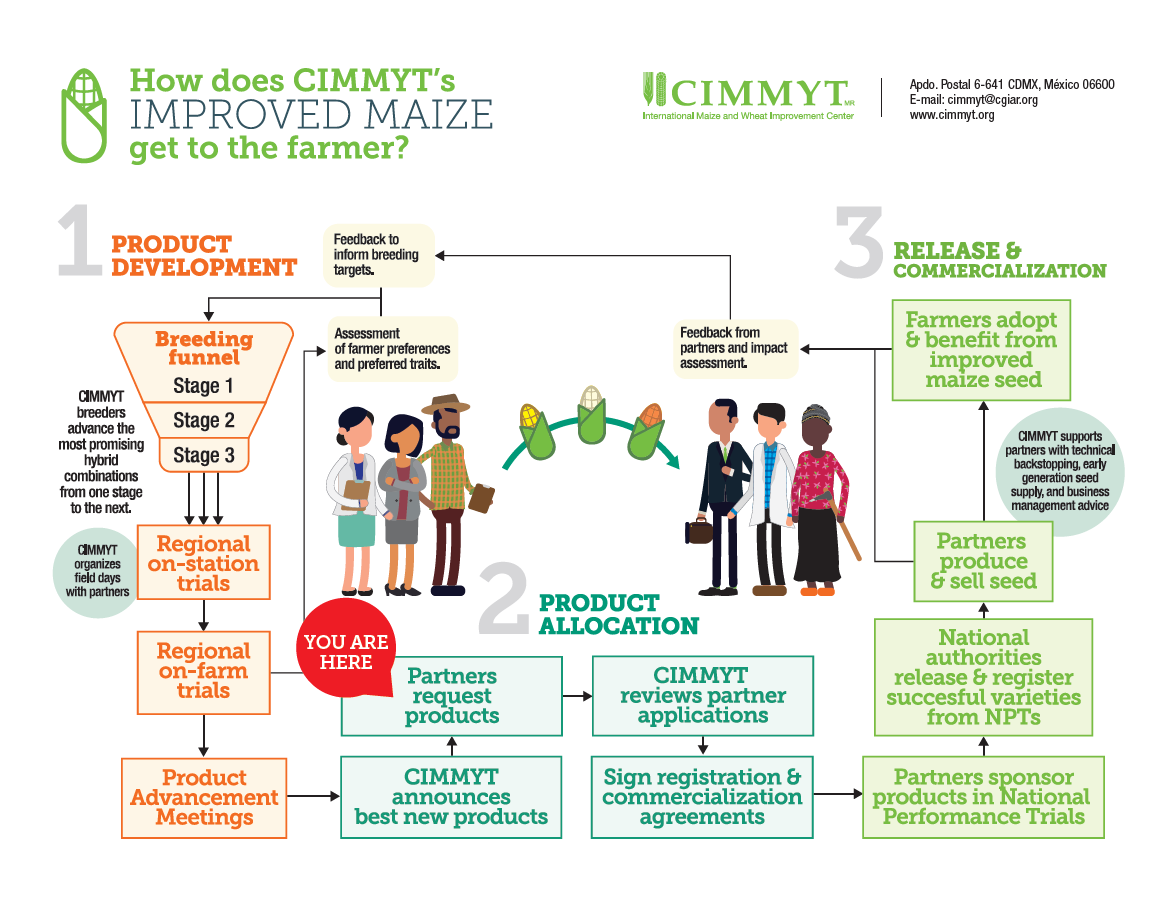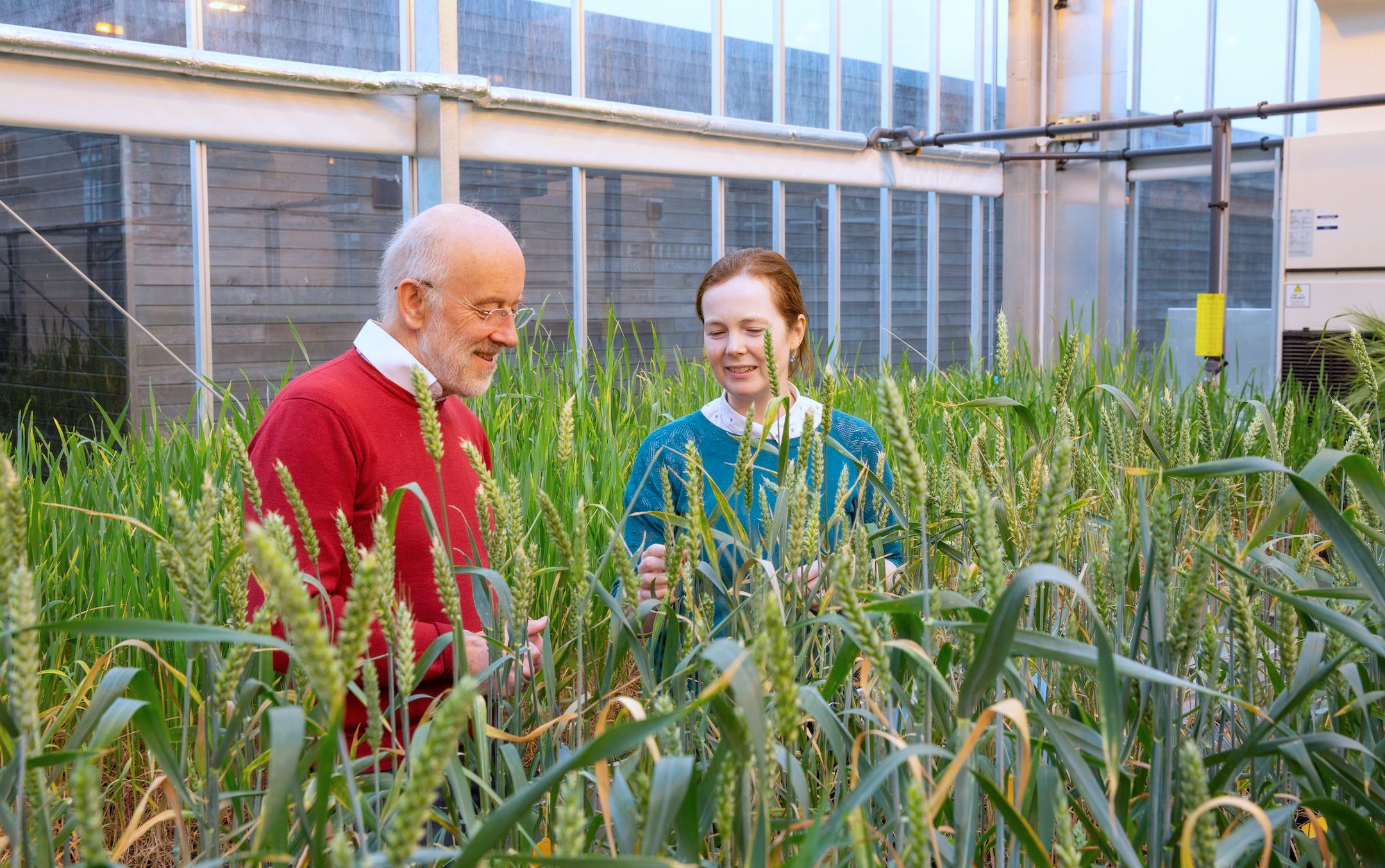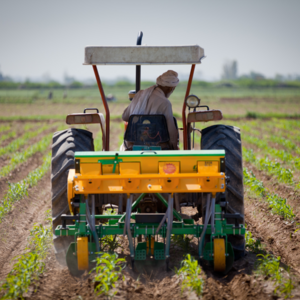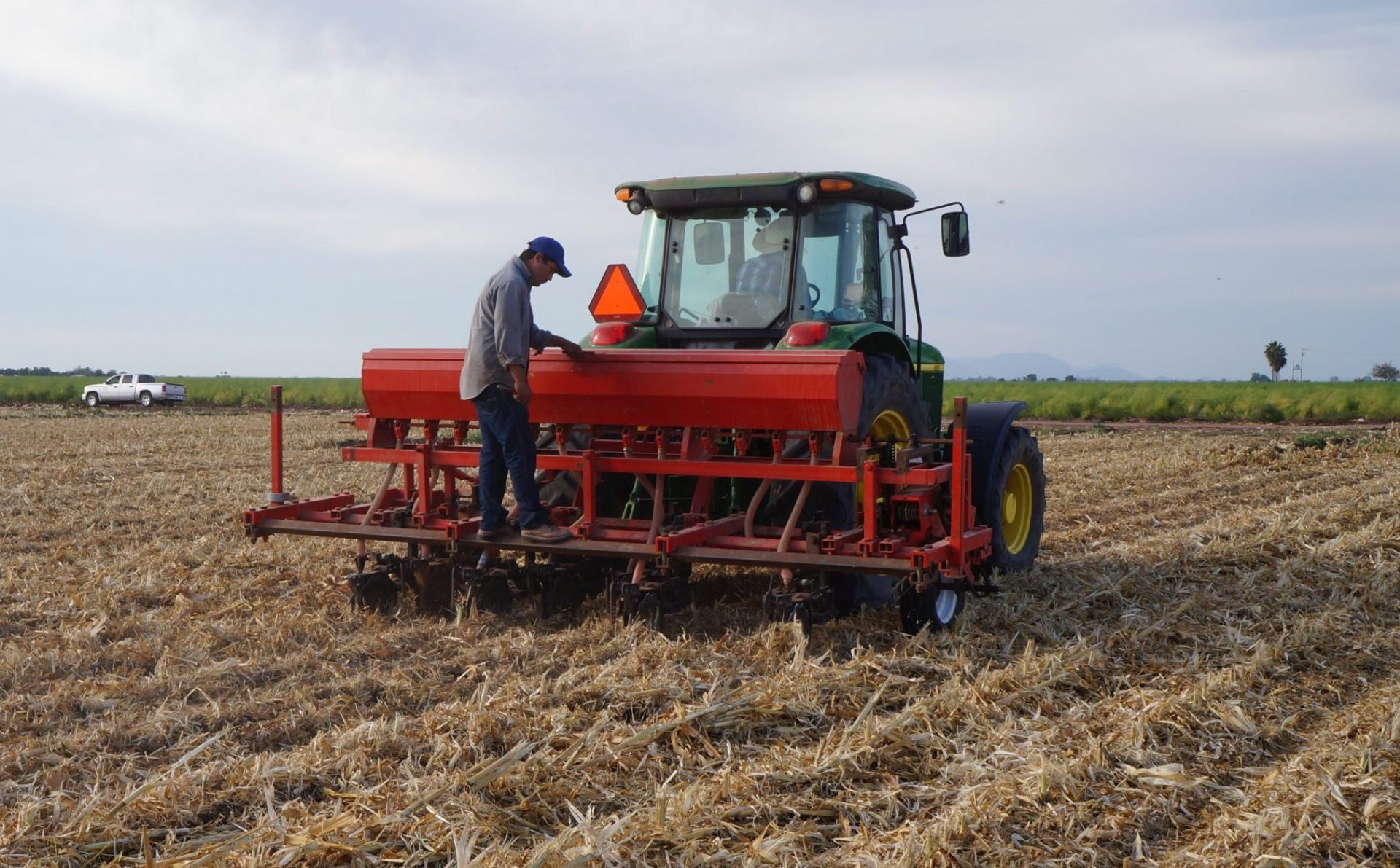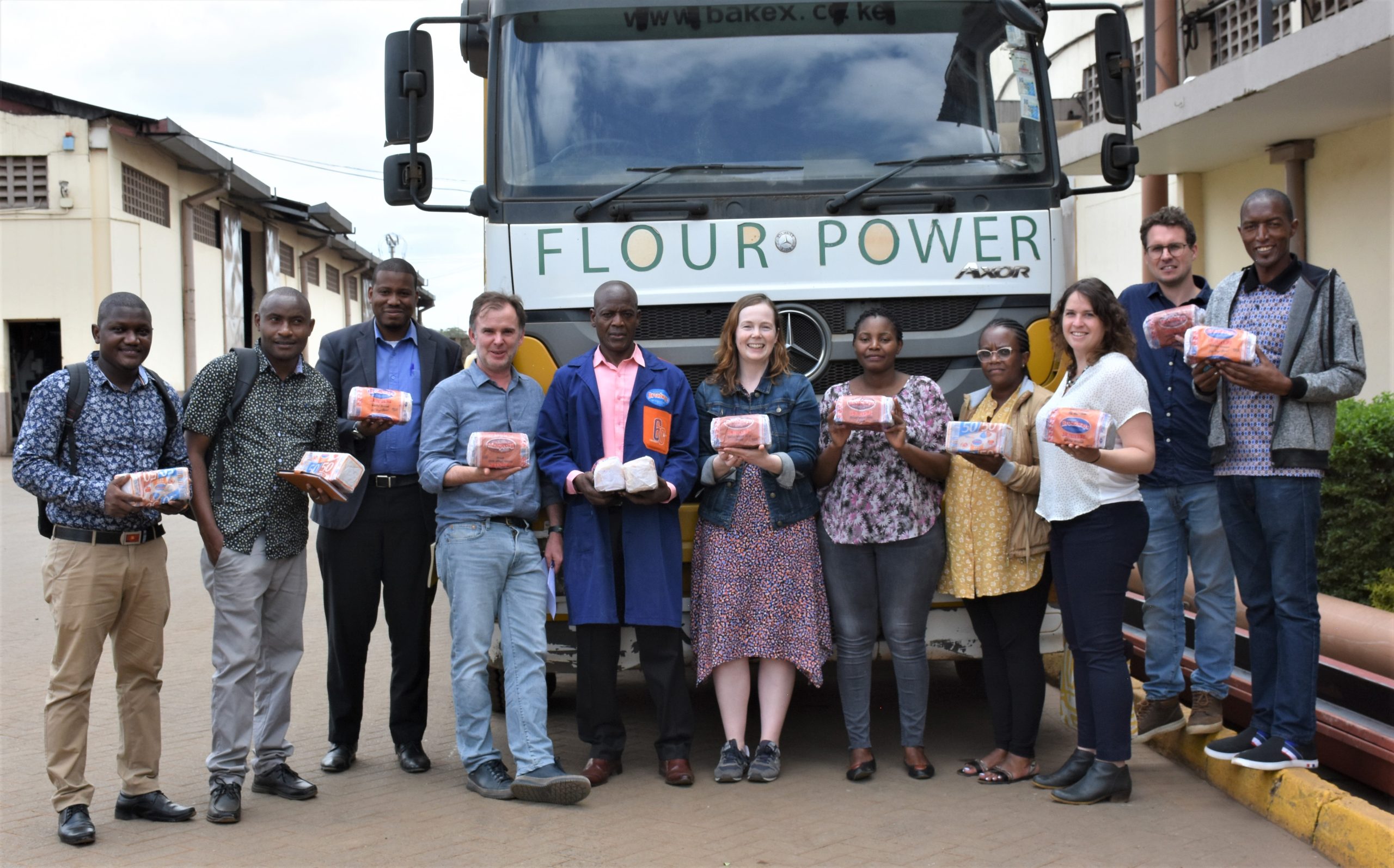Nutrition, health and food security
As staple foods, maize and wheat provide vital nutrients and health benefits, making up close to two-thirds of the world’s food energy intake, and contributing 55 to 70 percent of the total calories in the diets of people living in developing countries, according to the U.N. Food and Agriculture Organization. CIMMYT scientists tackle food insecurity through improved nutrient-rich, high-yielding varieties and sustainable agronomic practices, ensuring that those who most depend on agriculture have enough to make a living and feed their families. The U.N. projects that the global population will increase to more than 9 billion people by 2050, which means that the successes and failures of wheat and maize farmers will continue to have a crucial impact on food security. Findings by the Intergovernmental Panel on Climate Change, which show heat waves could occur more often and mean global surface temperatures could rise by up to 5 degrees Celsius throughout the century, indicate that increasing yield alone will be insufficient to meet future demand for food.
Achieving widespread food and nutritional security for the world’s poorest people is more complex than simply boosting production. Biofortification of maize and wheat helps increase the vitamins and minerals in these key crops. CIMMYT helps families grow and eat provitamin A enriched maize, zinc-enhanced maize and wheat varieties, and quality protein maize. CIMMYT also works on improving food health and safety, by reducing mycotoxin levels in the global food chain. Mycotoxins are produced by fungi that colonize in food crops, and cause health problems or even death in humans or animals. Worldwide, CIMMYT helps train food processors to reduce fungal contamination in maize, and promotes affordable technologies and training to detect mycotoxins and reduce exposure.
Fragile global food system calls for a collaborative approach
 Climate adaptation and mitigation
Climate adaptation and mitigation
Source: The Tribune India (2 Sep 2022)
Bram Govaerts, CIMMYT Director General, calls for greater collaboration to address global food security challenges.
Strengthening capacity and building national and regional partnerships in the seed sector
 Capacity development
Capacity development
CIMMYT and its partners provide training on hybrid maize seeds to value chain actors from South Asia.
Cereal seed systems
 Capacity development
Capacity development
Discover how CIMMYT scientists support getting new improved seeds to farmers fields, faster.
CRAFT tool helps Ethiopian experts predict crop yields to improve early warning decisions
 Innovations
Innovations
CIMMYT trains Ethiopian national partners in crop monitoring and yield forecasting as part of AICCRA’s effort to improve climate information services.
CGIAR Initiative: Securing the Food Systems of Asian Mega-Deltas (AMD) for Climate and Livelihood Resilience
 Climate adaptation and mitigation
Climate adaptation and mitigation
CGIAR Initiative: Transforming Agrifood Systems in South Asia (TAFSSA)
 Climate adaptation and mitigation
Climate adaptation and mitigation
Biological nitrogen fixation and prospects for ecological intensification in cereal-based cropping systems
 Climate adaptation and mitigation
Climate adaptation and mitigation
CIMMYT scientists seek alternatives to synthetic nitrogen using biological nitrogen fixation (BNF) in order to reduce a significant driver of climate change.
Mexican farming can transition to be more resilient with technology
 Nutrition, health and food security
Nutrition, health and food security
The Global Farmer Network share their perspective on the challenges facing farmers and global food security.
New CIMMYT maize hybrid available from South Asian Tropical Breeding Program
 Innovations
Innovations
CIMMYT is offering a new improved maize hybrid to partners, to scale up production for farmers in the region.
How bad will we let the food crises get?
 Climate adaptation and mitigation
Climate adaptation and mitigation
Dr Alison Bentley leads the Global Wheat Program at the International Maize and Wheat Improvement Center (CIMMYT) and will be addressing the Crawford Fund’s international conference Celebrating Agriculture for Development – Outcomes, Impacts and the Way Ahead this week in Parliament House, Canberra.
Addressing the Global Food Crisis: CIMMYT Experts Weigh In
 Nutrition, health and food security
Nutrition, health and food security
Source: Wilson Center (29 Jul 2022)
On the episode, ECSP Director Lauren Risi and ECSP Advisor Sharon Burke speak with Bram Govaerts, Director General of CIMMYT and his colleague Kai Sonder, head of CIMMYT’s Geographic Information System Unit, about how to address the unfolding food crisis as we simultaneously build food system resilience in the medium and long term.
Achieving sixty years of wheat yield increase
 Nutrition, health and food security
Nutrition, health and food security
Scientists in the Yaqui Valley, Mexico, release six decades of wheat research evidencing opportunities for improved wheat growth and yield.
Exploring the potential for blended wheat flours in Kenya
 Climate adaptation and mitigation
Climate adaptation and mitigation
CIMMYT supports practical solutions to the ongoing global wheat crisis by understanding consumer acceptance of foods baked from blended wheat flour.


